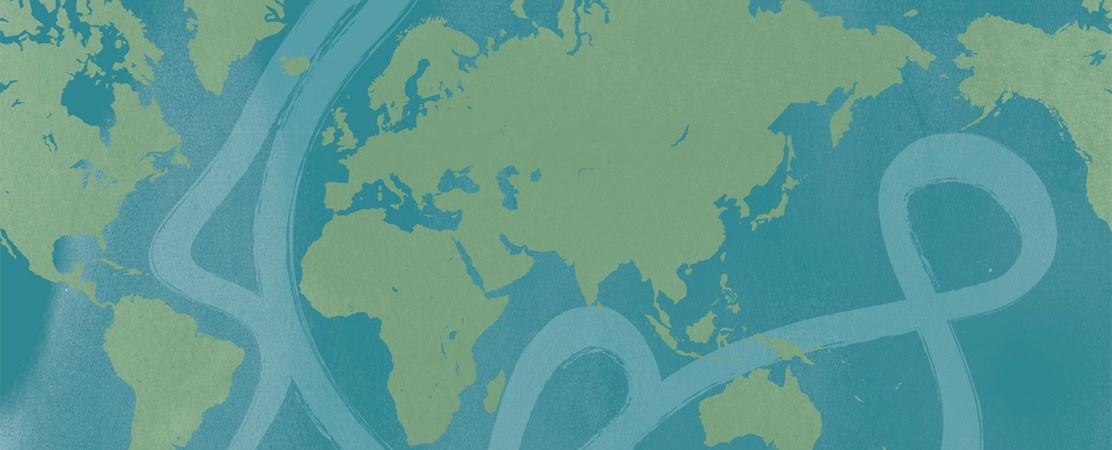Synoptic Arctic Survey: A Fundament for Future Arctic Research

By Øyvind Paasche, Lead of the UArctic Thematic Network on Polar Ice, Climate and Land Dynamics (PICD), Leader, Bergen Marine Research Cluster, and Are Olsen, Associate Professor, Bjerknes Centre for Climate Research, University of Bergen, and Leif G. Anderson, Professor, University of Gothenburg
In the Arctic, new scientific challenges are rapidly emerging. Many of the changes now being observed are likely to be related to each other, although in ways and for reasons not always well understood.
One example is the carbon cycle in the Arctic Ocean, which is influenced by a wide range of processes. These include river runoff bringing with it considerable amounts of organic matter; shifting distributions and properties of water masses; variable sea ice cover; and magnitude, timing and type of biological primary production.
Getting a firmer grip on the changing Arctic Ocean carbon cycle is important not only because it impacts marine ecosystems through ocean acidification, but also because it mitigates climate change as large amounts of atmospheric CO2 are taken up and sequestered in this region every year.
A thorough study of the carbon chemistry of the Arctic waters requires a comprehensive approach. All basins and key oceanographic gateways – five in number – must be studied, preferably in the same year and season because of the large interannual and seasonal variations. The same goes for other components of the marine system. By doing so, and only so, the loops can be closed and the first baseline established. Studies that undertake such challenges are referred to as having a synoptic approach, a concept well known in science meaning a comprehensive overview of conditions in a certain region at a given time.
In order to get that, and given the harsh nature of the Arctic Ocean, any synoptic survey requires collaboration across nations and scientific disciplines. We are now in the process of developing such an effort, the Synoptic Arctic Survey (SAS). SAS is a bottom-up initiative that through enhanced international collaboration and coordination seeks to increase our shared capacity for understanding the changes that currently are unfolding in the Arctic Ocean and their potentially far-reaching consequences.
Success is sought through a carefully coordinated multinational, multi-ship survey of the Arctic Ocean's ecosystems, carbon cycle and associated hydrography using an international fleet of icebreakers and research vessels. Scientists in countries including Canada, USA, Russia, Norway, Sweden, Denmark, Japan, Germany, the United Kingdom, the Netherlands, China and South Korea have all expressed interest. Also the International Arctic Science Committee’s (IASC) Marine Working Group endorsed SAS during the Arctic Science Summit Week 2016 in Fairbanks, Alaska.
The synoptic nature of the new data collected through SAS will allow for unprecedented assessments of the state of the Arctic Ocean; detection of the impact of climate change on its ecosystem; and water masses and carbon chemistry, and also provide a baseline to track future climate change. In the many processes that are leading up to SAS we will engage and inform researchers and policymakers. This will be accomplished by launching the first draft of the Science Plan for community feedback and engagement.
